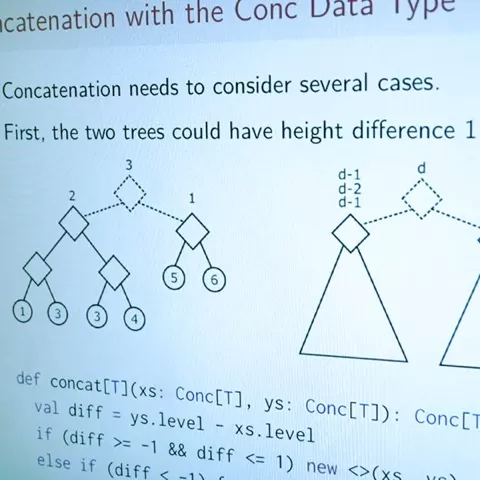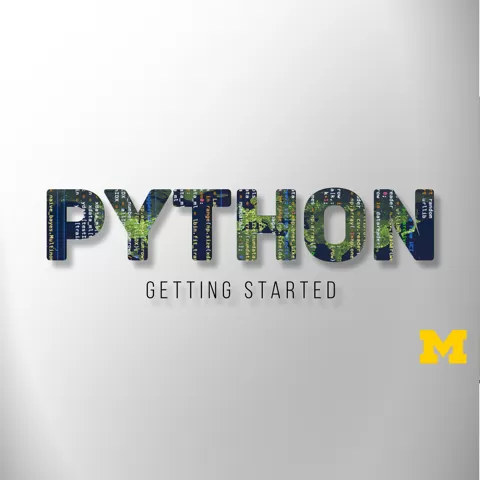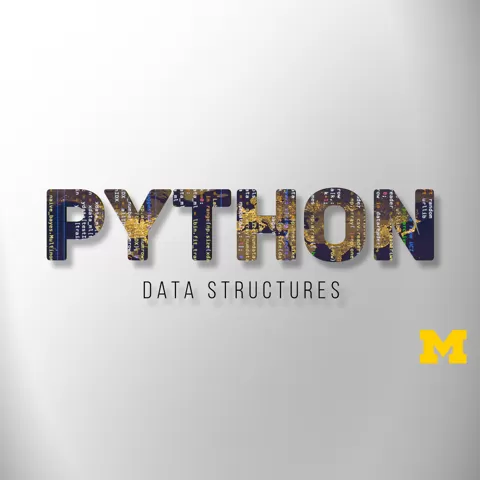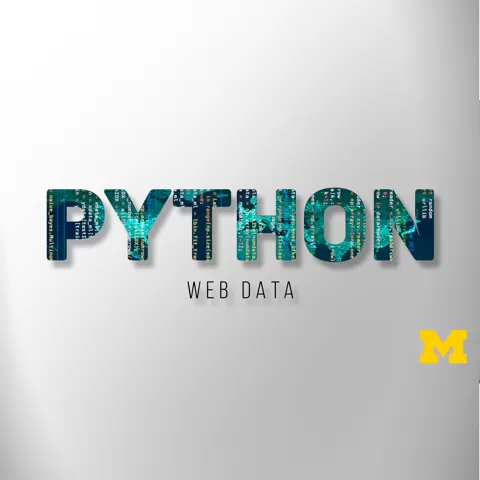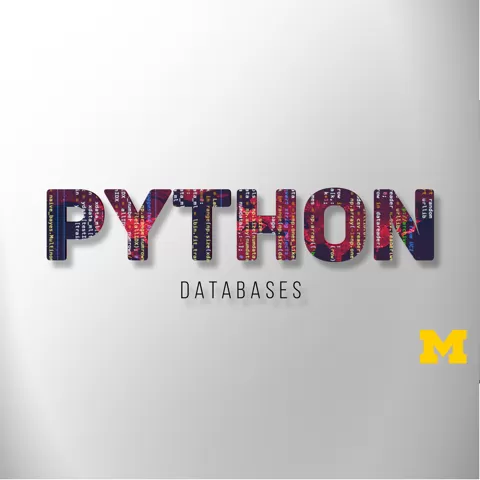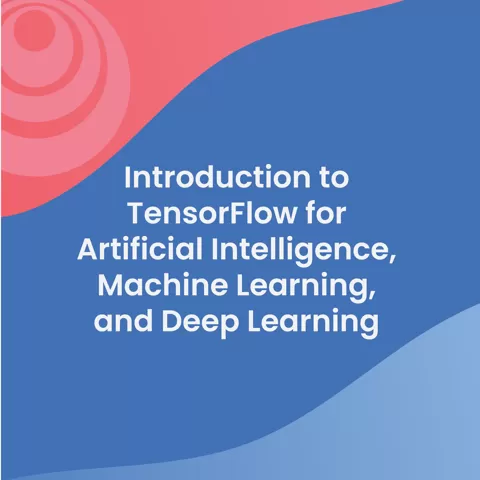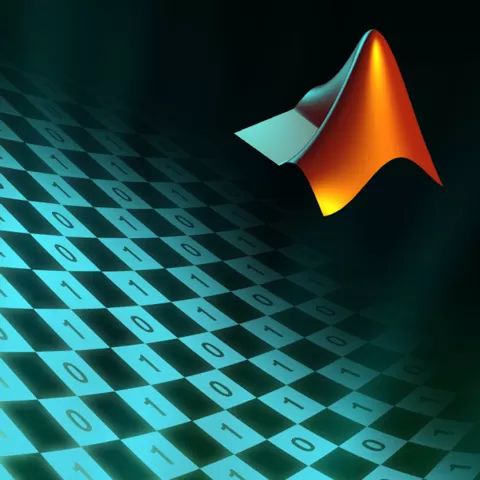With every smartphone and computer now boasting multiple processors, the use of functional ideas to facilitate parallel programming is becoming increasingly widespread. In this course, you’ll learn the fundamentals of parallel programming, from task parallelism to data parallelism. In particular, you’ll see how many familiar ideas from functional programming map perfectly to to the data parallel paradigm. We’ll start the nuts and bolts how to effectively parallelize familiar collections operations, and we’ll build up to parallel collections, a production-ready data parallel collections library available in the Scala standard library. Throughout, we’ll apply these concepts through several hands-on examples that analyze real-world data, such as popular algorithms like k-means clustering.
Learning Outcomes. By the end of this course you will be able to:
– reason about task and data parallel programs,
– express common algorithms in a functional style and solve them in parallel,
– competently microbenchmark parallel code,
– write programs that effectively use parallel collections to achieve performance
Recommended background: You should have at least one year programming experience. Proficiency with Java or C# is ideal, but experience with other languages such as C/C++, Python, Javascript or Ruby is also sufficient. You should have some familiarity using the command line. This course is intended to be taken after Functional Program Design in Scala: https://www.coursera.org/learn/progfun2.
